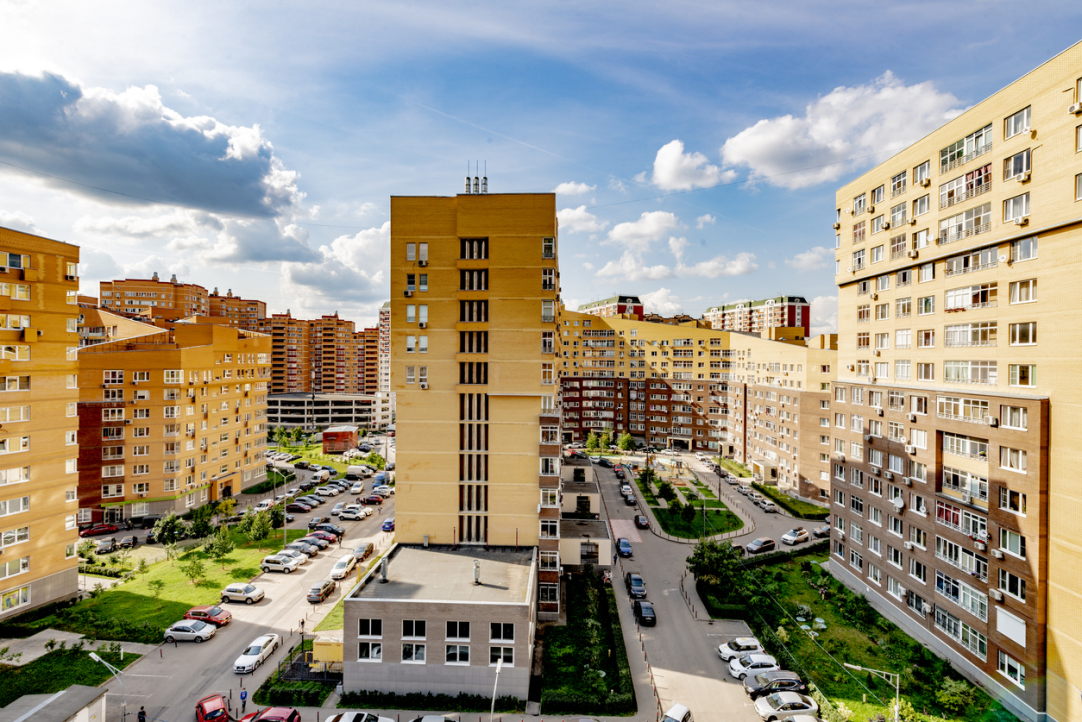
Biologists Figure Out How Stem Cells Turn Into Other Types of Cells at Molecular Level
An international team of researchers including biologists from HSE University has developed a method that helps obtain information on changes in protein expression and properties during cells’ transition from one state to another. One of the most interesting transitions is the transformation of cells from undifferentiated stem cells to differentiated cells of various organs and tissues. The paper was published in Nature Communications.

Researchers Explain What Makes People Pro-Environmental
The HSE School of Psychology has studied the psychological, social, and political factors behind Russians’ pro-environmental behaviour. It appears that women hold more pro-environmental attitudes than men, trust in the free market negatively affects sustainable consumption, and awareness of the benefits of pro-environmental actions better motivates people to sort waste than environmental concern or connectedness to nature. The study has been published by SSRN.

‘Gaining Practical Knowledge and Learning to Do a Lot in a Short Time’—The Life of an HSE PhD Student
Milica Simonovic, from Belgrade, Serbia, is a doctoral student at the HSE University Faculty of Economic Sciences. She is currently working on her doctoral thesis on corporate governance and intellectual capital disclosure. We interviewed Milica to find out more about her thesis and her experience of the university’s application process for PhD students.

Statistics Explain Why Less-Competent People Tend to Overestimate Themselves
Why do people sometimes overestimate their knowledge—more often than not, those who are not well-versed in the subject at hand? Twenty years ago, two researchers studied this phenomenon and tried to explain it from a psychological point of view. This phenomenon is now known as the Dunning-Kruger effect after the names of the researchers. According to a report presented at a seminar of the HSE Department of Applied Economics, this effect has a purely statistical explanation.

HSE University Participates in Satellite Navigation Monitoring Project
A team of HSE students is taking part in the development of a Russian satellite automatic identification system (AIS) to monitor sea navigation. The aim of the project is to track the locations of vessels and adjust their routes, including in the Arctic along the Northern Sea Route.

Unconscious Perception of Sounds: We Hear Differences Even without Listening
Neurobiologists from HSE University and the RAS Institute of Higher Nervous Activity and Neurophysiology proved that the human brain unconsciously distinguishes between even very similar sound signals during passive listening. The study was published in Neuropsychologia.

The Cryptocurrency Market Works Like the Stock Market— Only Much Faster
After analysing the price fluctuations of almost 2,000 cryptocurrencies over seven years, Victoria Dobrynskaya, Associate Professor at the HSE University Faculty of Economic Sciences, found that there are no fundamental differences between their behaviour and that of conventional assets. Cryptocurrency follows the same principles, although its prices change much faster: processes that usually take years on traditional markets take only a month or so on the cryptocurrency market. An article on this research was reprinted by SSRN.
_-_page_25%20copy.png)
Funny Pictures of Difficult Era
The first major Soviet publisher of children's literature, Raduga, was established a century ago and featured the debuts of many authors who would later go on to become famous, as well as illustrations by prominent artists. Based on a research paper by Marina Sazonenko, graduate of the HSE Doctoral School of Art and Design, IQ.HSE examines how — and why — the illustrations in Soviet periodicals for children changed over time.

Researchers from HSE University Compare Motivations of Volunteers at Winter Olympics in Sochi and Beijing
The Sochi 2014 Olympics volunteer programme involved 25,000 people. It was the first such volunteer project in Russia and was organised with support from the government, educational institutions and non-profit organizations.

Two Worlds of Residents: Car Owners Look at Shared Urban Courtyards Differently from Pedestrians
Researchers from HSE University and St. Petersburg State University of Architecture and Civil Engineering (SPSUACE) used eye tracking to study how residents who own cars and those who don’t look at the shared courtyards of multistorey apartment buildings. The study was published in Urban Forestry & Urban Greening.

